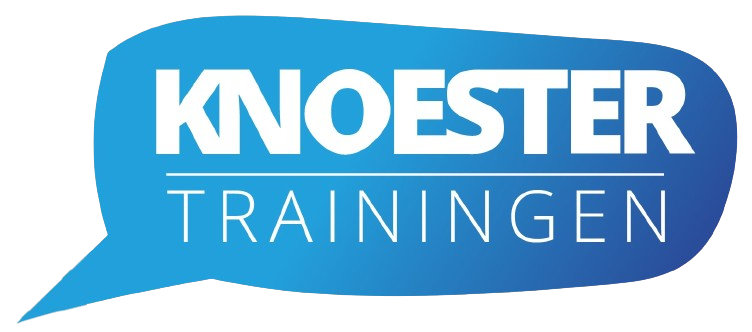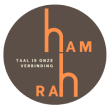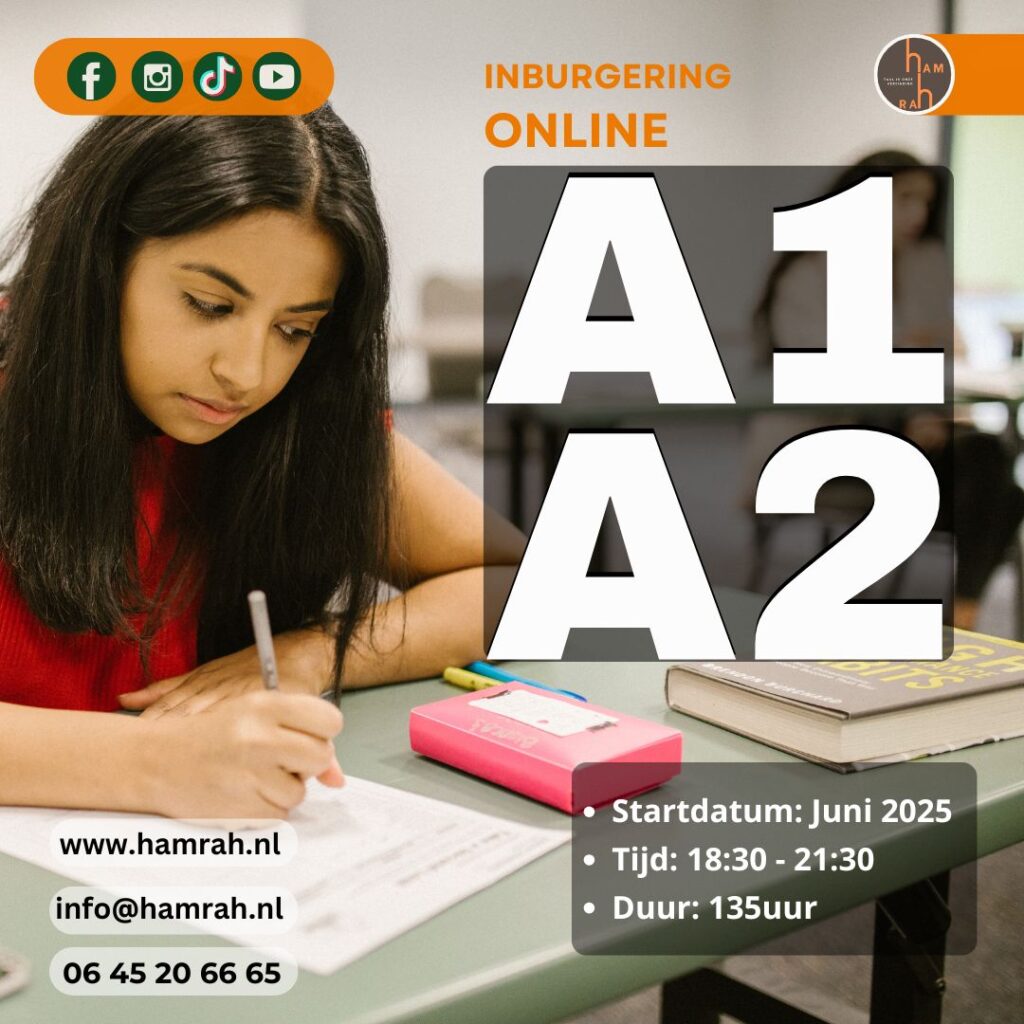Understanding Civic Integration in the Netherlands
The Civic Integration Course is a fundamental component of the Netherlands’ approach to welcoming new residents and promoting a cohesive, informed society. This comprehensive guide explains the course’s objectives, structure, financing, and implications for newcomers.
Objectives of the Civic Integration Course
Civic Integration in the Netherlands – The main goal of the Civic Integration Course is to ensure that non-EU immigrants, who are required to obtain a civic integration diploma, become active and contributing members of Dutch society. The Dutch government has outlined several key objectives for participants:
- Achieve Basic Proficiency in the Dutch Language: Participants are expected to reach at least an A2 level in Dutch, which involves basic speaking, reading, writing, and listening skills. As of 2021, there is an increased emphasis on achieving a B1 level, which allows for more effective communication in everyday situations and work environments.
- Grasp Essential Aspects of Dutch Society: This includes understanding Dutch laws, social norms, customs, traditions, and the political system. Knowledge of these aspects helps newcomers navigate their new environment more effectively and participate more fully in society.
- Gain Necessary Skills for the Labor Market and Educational System: The course equips participants with the skills needed to enter the Dutch labor market and pursue educational opportunities. This includes resume writing, interview techniques, and an understanding of employee rights and workplace norms in the Netherlands.
Structure of the Course
The Civic Integration Course is structured into several modules, each designed to cover different essential areas of integration:
- Language Learning: This module focuses on developing the four key language skills: speaking, reading, writing, and listening. Participants engage in practical exercises, conversations, and written assignments to build their proficiency in Dutch. The goal is to enable them to communicate effectively in everyday situations, such as shopping, using public transport, and interacting with neighbors and colleagues.
- Knowledge of Dutch Society: In this module, participants learn about the Dutch way of life, including customs, traditions, and social etiquette. They also study the Dutch political system, laws, and values. Topics such as the healthcare system, education, housing, and the welfare system are also covered to provide a comprehensive understanding of living in the Netherlands.
- Labor Market Orientation: This part of the course prepares participants for the Dutch work environment. It includes resume writing workshops, interview skills training, and information about employee rights and responsibilities. Participants also learn about job search strategies and how to present themselves effectively to potential employers.
The course typically requires around 600 hours of study and must be completed within three years after arrival or obtaining the residence permit necessitating integration. The duration can vary based on individual progress and the specific requirements of each participant.
Exam and Certification
Upon completion of the course, participants are required to take the Civic Integration Exam. This exam is a crucial step in the integration process and consists of several components:
- Language Proficiency Tests: These tests assess the participant’s abilities in speaking, reading, writing, and listening in Dutch. The exams are designed to ensure that participants can use Dutch effectively in various practical situations.
- Knowledge of Dutch Society Test (KNM): This test evaluates the participant’s understanding of Dutch laws, customs, traditions, and the political system. It ensures that participants have the necessary knowledge to navigate daily life in the Netherlands.
- Orientation on the Dutch Labor Market Test (ONA): This component assesses the participant’s readiness for the Dutch labor market. It includes practical exercises such as creating a resume, preparing for interviews, and understanding the expectations of Dutch employers.
Passing the Civic Integration Exam is vital, as it is often a criterion for obtaining a permanent residence permit or Dutch citizenship. The exam is administered under strict supervision to ensure its integrity and fairness. Civic Integration in the Netherlands.
Financing the Course
Per regulation, integration course hopefuls generally need to pay for their integration course and exam. However, the Dutch government recognizes the financial burden this may impose and has provisions in place to assist participants:
- Loans from DUO (Education Executive Agency): Participants can apply for a loan from DUO to cover the costs of the course and the exam. This loan is specifically designed to support the integration process and make it more accessible. Repayment terms are generally favorable, and in some cases, the loan may be forgiven if the participant successfully completes the course and passes the exam within the stipulated time frame.
- Subsidies and Financial Aid: In certain circumstances, participants may be eligible for subsidies or financial aid from local municipalities or other organizations. These funds can help reduce the overall cost of the integration process.
- Employer Support: Some employers offer financial support or reimbursement for employees who are undergoing the integration process. This can be particularly beneficial for participants who are already working in the Netherlands and wish to further their integration while maintaining their employment.
Implications for Newcomers
Successful completion of a Civic Integration Course can significantly smoothen the process of integrating into Dutch society. Participants not only learn about the language and laws but also gain a deep and enriching understanding of what it means to live and participate in the Netherlands’ social life. Here are some key implications for newcomers:
- Enhanced Communication Skills: By achieving proficiency in Dutch, participants can communicate more effectively with neighbors, colleagues, and local authorities. This enhances their ability to form social connections, seek help when needed, and participate in community activities.
- Better Employment Opportunities: With a solid understanding of the Dutch labor market and the skills needed to succeed, participants can improve their employment prospects. They learn how to navigate the job search process, present themselves to employers, and understand workplace norms, making them more competitive candidates for jobs.
- Greater Social Integration: Understanding Dutch customs, traditions, and social norms helps participants feel more at home in their new environment. They can participate more fully in social and cultural activities, fostering a sense of belonging and community.
- Legal and Civic Knowledge: By learning about Dutch laws and the political system, participants become informed residents who can exercise their rights and fulfill their responsibilities. This knowledge is crucial for navigating various aspects of daily life, from renting a home to accessing healthcare and education services.
The Dutch Government’s Commitment to Integration
The Civic Integration Course reflects the Dutch government’s commitment to fostering a diverse and inclusive society. By providing a structured and supportive pathway for newcomers, the government aims to bridge cultural gaps and promote mutual understanding.
Additional Resources and Support
For more detailed information about the Civic Integration Course, including specific requirements, available courses, and financial support options, participants are encouraged to visit the official Inburgeren website. This website provides comprehensive resources, including step-by-step guides, FAQs, and contact information for further assistance.
Participants can also seek support from local community organizations, which often offer additional resources such as language practice groups, cultural orientation workshops, and networking opportunities. These organizations can provide valuable support and help newcomers feel more connected to their new community.
Conclusion
In conclusion, the Civic Integration Course is a vital part of the Netherlands’ strategy to welcome and integrate newcomers into society. By focusing on language proficiency, knowledge of Dutch society, and labor market readiness, the course equips participants with the tools they need to succeed and thrive in their new home. The Dutch government’s support through DUO loans and other financial aids ensures that the integration process is accessible to all who need it.
Successful integration benefits not only the individuals involved but also the broader Dutch society. It fosters a more inclusive, diverse, and harmonious community where everyone has the opportunity to contribute and succeed. The Civic Integration Course exemplifies the Netherlands’ dedication to building a strong, united society that values diversity and mutual respect.
For more information and to begin your integration journey, please visit the Inburgeren website.






